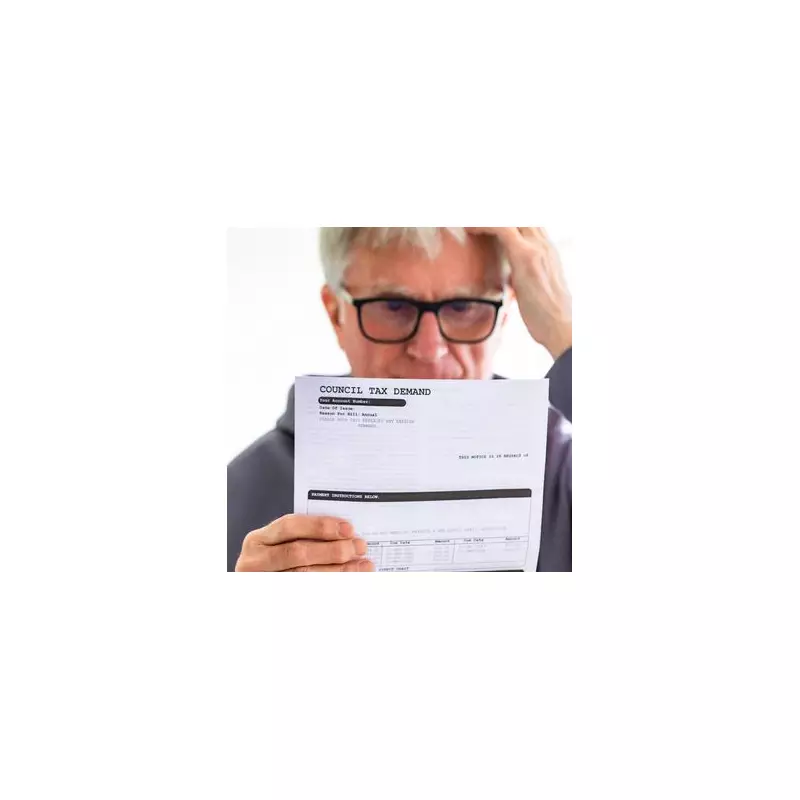
Millions of households in England are set to feel a sharp pinch in their pockets next year, as the government confirms it will allow local councils to hike council tax bills significantly.
In a major update that will impact family budgets across the nation, Levelling Up Secretary Michael Gove has outlined the local government finance settlement for 2025-2026. The move effectively greenlights cash-strapped local authorities to raise council tax by up to 4.99% without needing to hold a local referendum.
Why Your Bill is Going Up
The decision comes as councils grapple with soaring inflation and rising costs for essential services like social care, waste collection, and road maintenance. The government states the increased funding flexibility is necessary to ensure local authorities can maintain crucial public services without facing financial collapse.
"We are recognising the pressures that local authorities face," a government spokesperson said, emphasising the need to balance support for councils with protecting taxpayers.
What the Numbers Mean for You
For the average Band D household, this could mean an annual increase of over £100 on their council tax bill. The exact amount will vary depending on your local council's decision and your property's band.
This potential rise is broken down into two parts:
- A baseline 2.99% increase for general council spending.
- An additional 2% precept specifically earmarked for adult social care services.
Councils facing the most severe financial difficulties can even apply for special permission to exceed this cap, potentially leading to even higher increases for residents in those areas.
The National Picture
The government has announced a £64 billion package for local authorities across England. Ministers argue this represents a significant 6.5% increase in overall funding and will help councils stabilise their finances.
However, critics and opposition leaders have slammed the move, labelling it a "stealth tax" that simply downloads the Treasury's financial problems onto hard-working families and pensioners already struggling with the cost-of-living crisis.
With final bills set to land on doormats in April 2025, households are being advised to prepare their budgets now for this inevitable increase in one of their biggest annual expenses.





